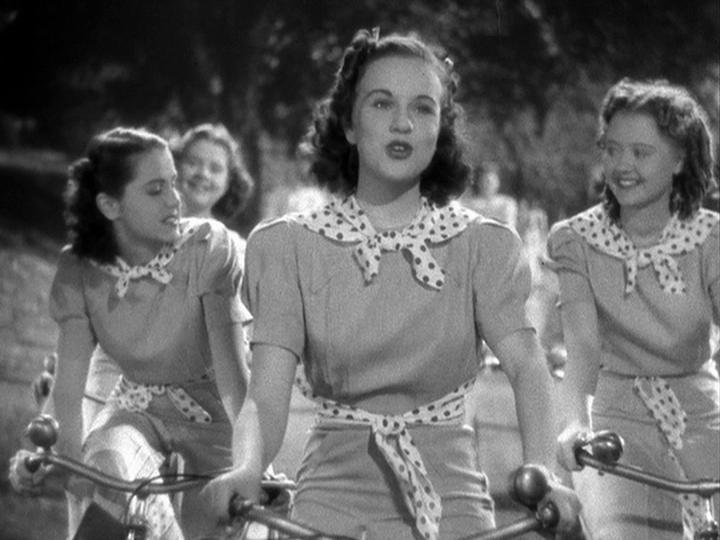NR | 1 h 40 min | Drama, Musical | 1938
America didn’t have a lot to cheer about in 1937. The Depression still loomed: Unemployment still hovered above the streets, like a slowly rising balloon. Flooding around the Mississippi and Ohio rivers left millions homeless. And the New London School gas explosion in Texas left over 300 children and teachers dead.





